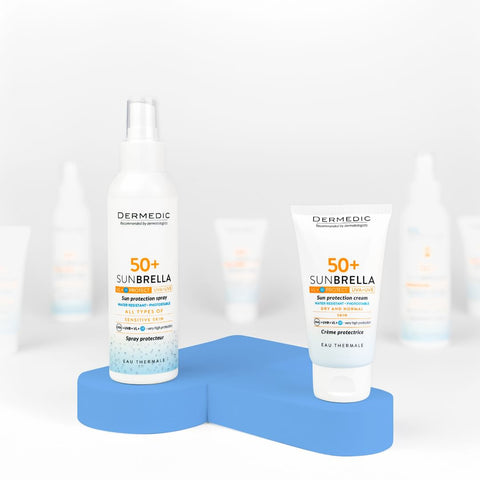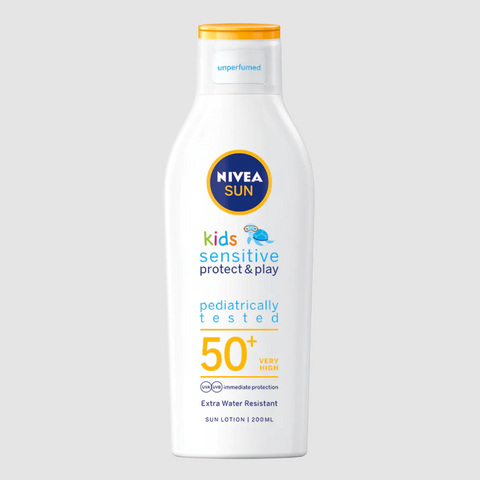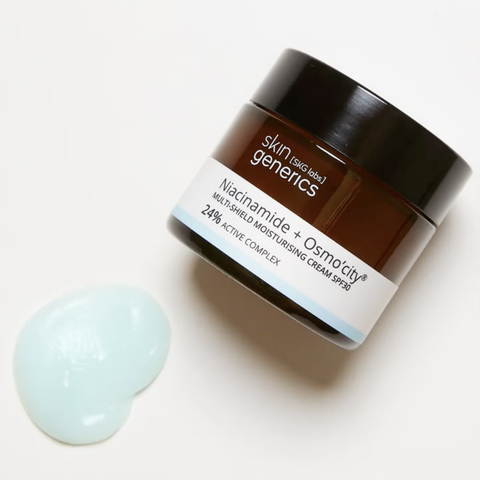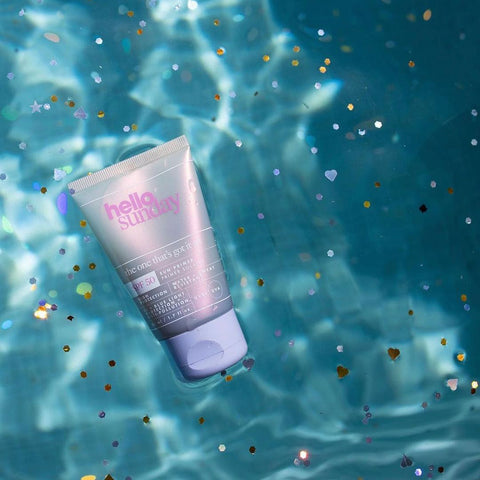Free Local Delivery on orders over €40! Orders take 2-3 working days to be processed.
Menu
- BRANDS
- MAKEUP
- SKINCARE
- BODY
- NAILS
- HAIR
- BEAUTY TOOLS
- FRAGRANCES
- Offers
- Lifestyle
- 🎀 LUCY WORLD 🎀
🎁 Create your own Lucy box! Simply add the LUCY GIFT BOX to your cart together with the items you want inside. We'll take care of the rest.
-
BRANDS
-
MAKEUP
-
SKINCARE
-
BODY
-
NAILS
-
HAIR
-
BEAUTY TOOLS
-
FRAGRANCES
-
Offers
-
Lifestyle
-
🎀 LUCY WORLD 🎀
🎁 Create your own Lucy box! Simply add the LUCY GIFT BOX to your cart together with the items you want inside. We'll take care of the rest.
- BRANDS
- MAKEUP
- SKINCARE
- BODY
- NAILS
- HAIR
- BEAUTY TOOLS
- FRAGRANCES
- Offers
- Lifestyle
- 🎀 LUCY WORLD 🎀
🎁 Create your own Lucy box! Simply add the LUCY GIFT BOX to your cart together with the items you want inside. We'll take care of the rest.



















